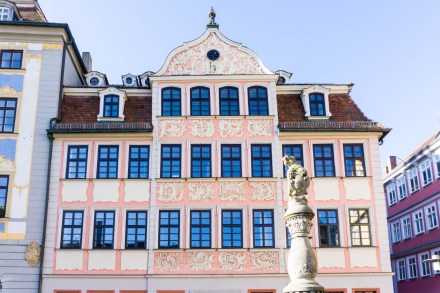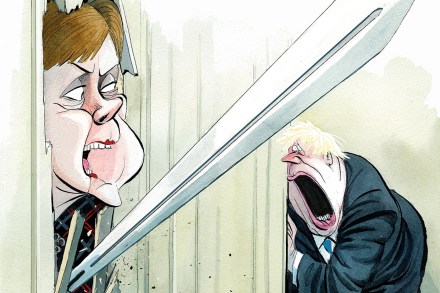Trump’s Great Firewall
29 min listen
Cash is no longer king in China. Much like Sweden, the country’s young and old opt for digital payments, made possible by an app called ‘WeChat’. While sometimes compared to WhatsApp or Facebook, WeChat is much more. On the latest episode of Chinese Whispers, my fortnightly podcast, China tech expert Duncan Clark describes how it’s designed to be ‘a digital Swiss army knife’. As well as payments for everything from rent to groceries, the app’s ubiquity means that the Chinese now ask for each other’s ‘WeChat IDs’ instead of phone numbers. It’s designed for technophobes with functions like voice messages – as Duncan points out, this is particularly helpful for





















